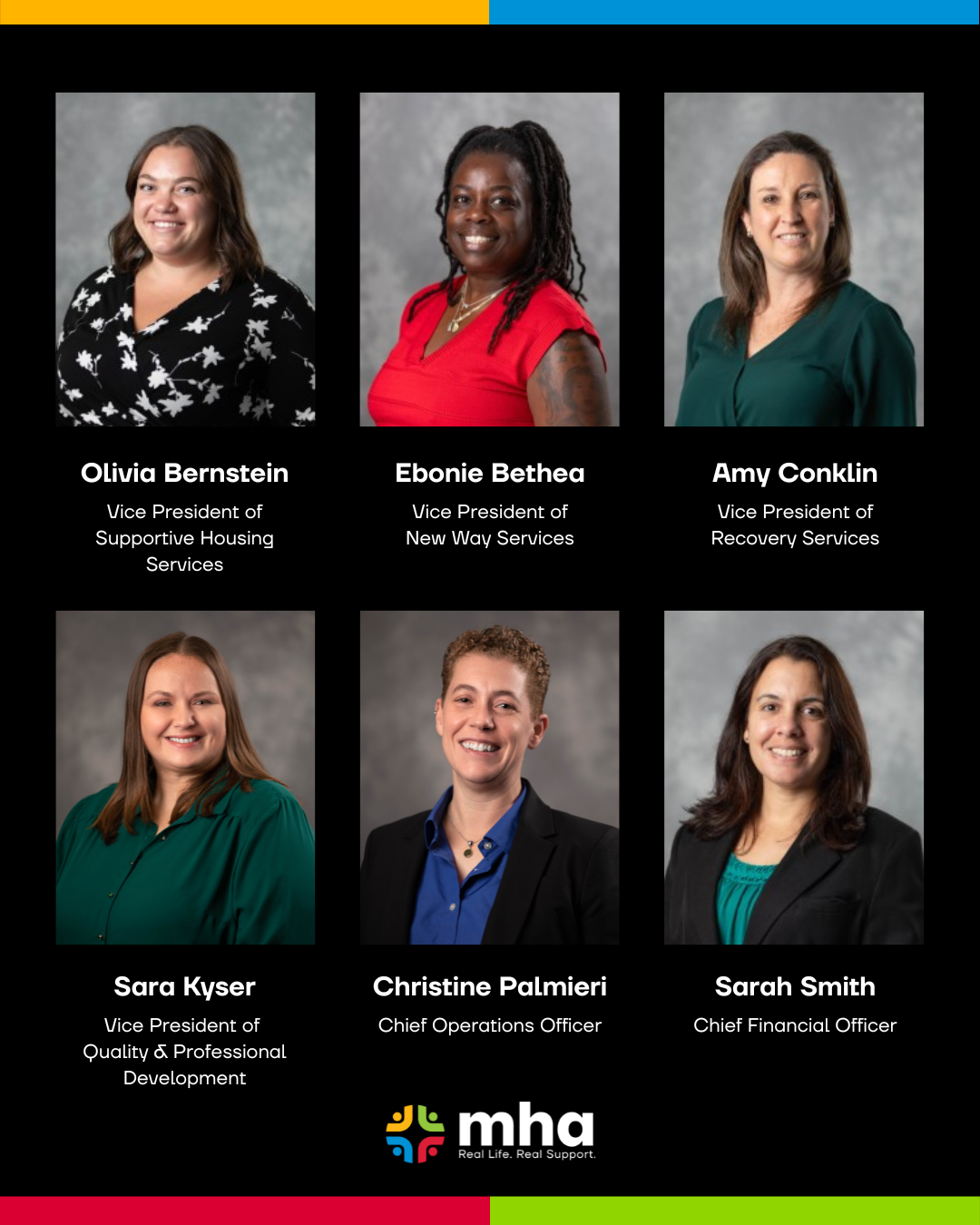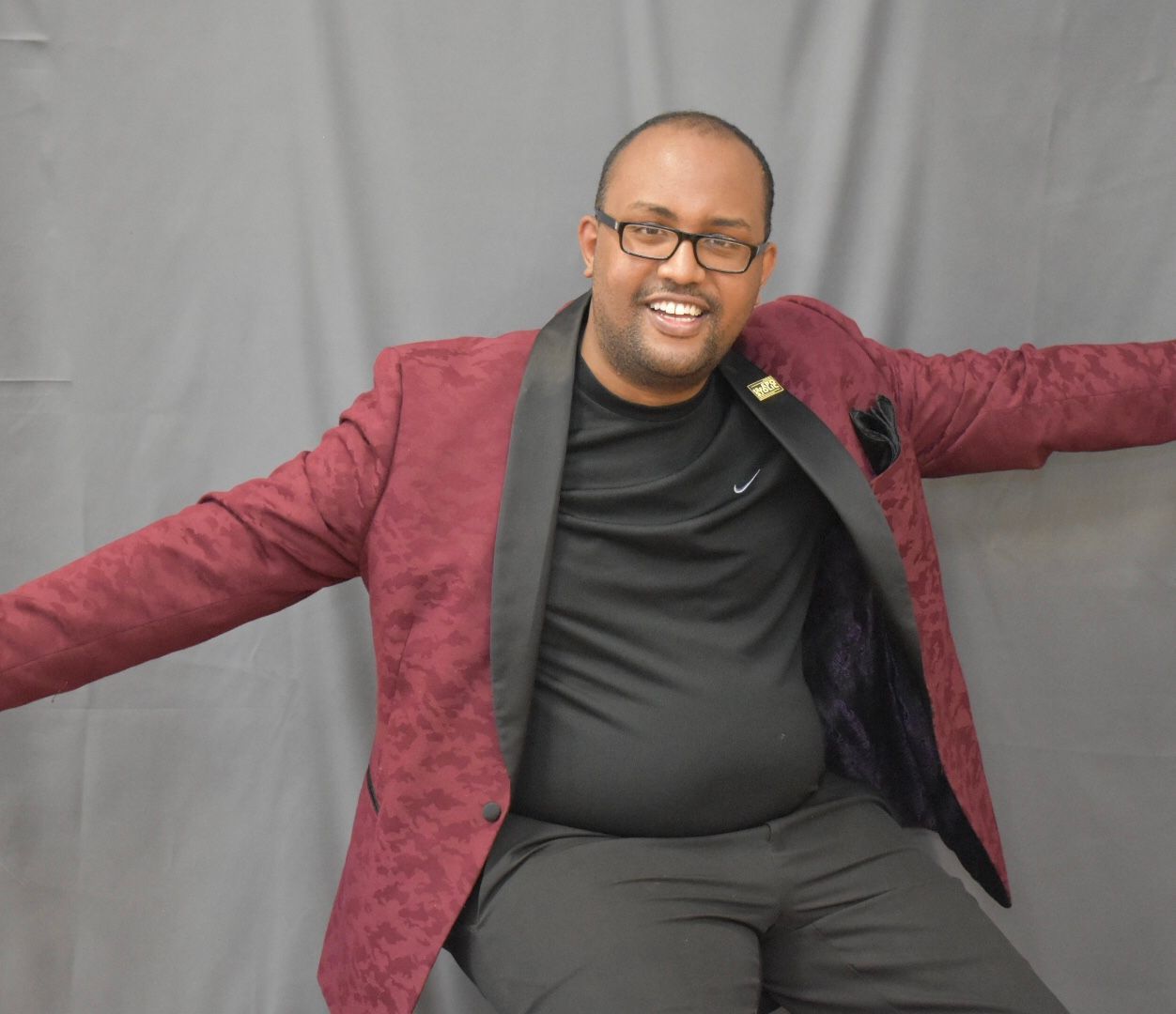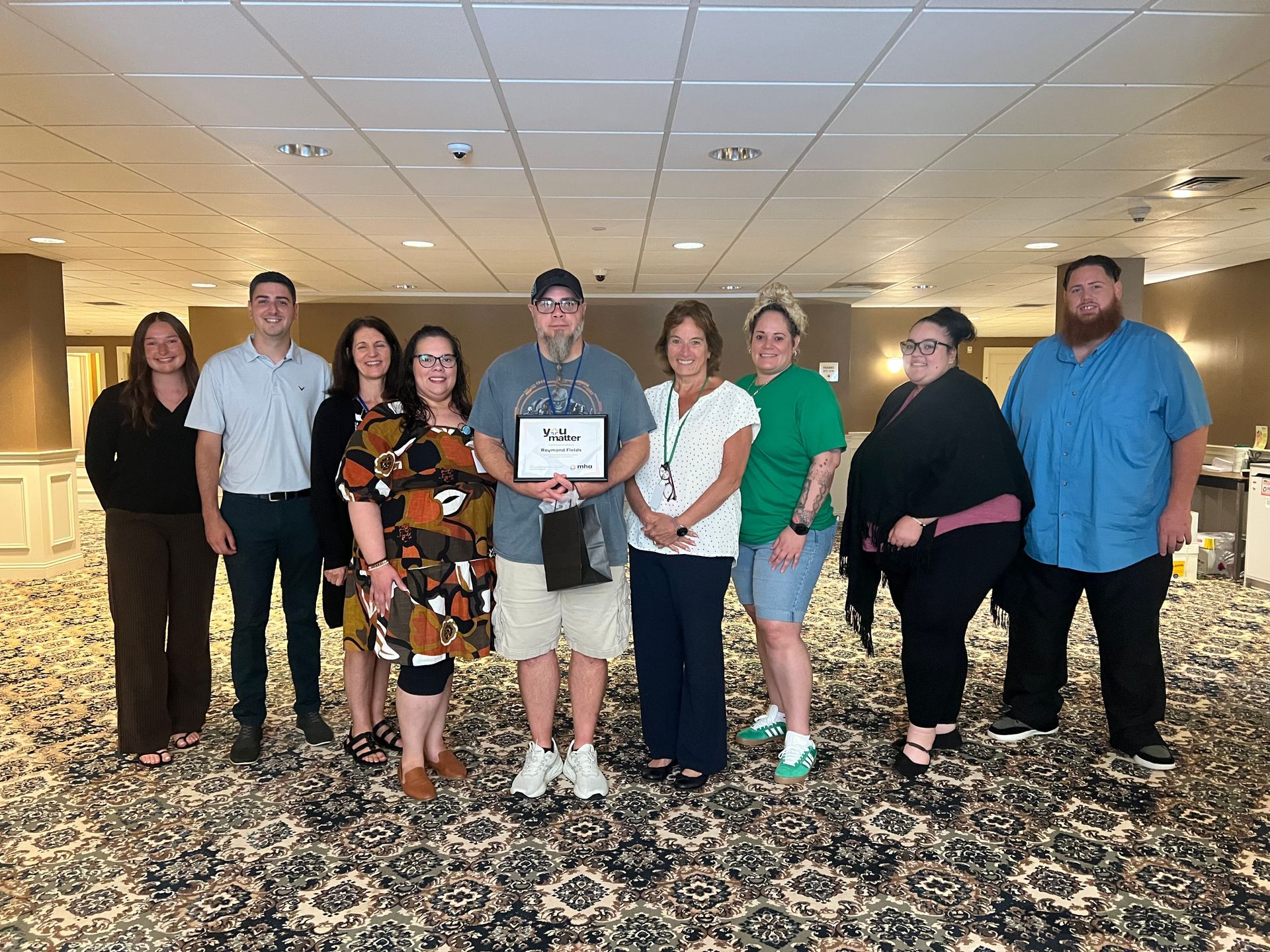Discussing Grief but Finding Meaning with MHA’s Dr. Aguessy
When experiencing the end of a life, the loss of a loved one often leads to profound grief. The same can be said for a sudden life-altering injury. Some people cope with these experiences more easily than others, while for some, it can be a long and difficult struggle. But how does one properly grieve and move on? Is it even possible? The short answer is that there are no official instructions on how to grieve nor is there a one-size-fits-all solution. However, engaging in more frequent conversations about end-of-life issues can help ease the grieving process.
Dr. Bido Aguessy, Psy.D LPC-A.42, strongly advocates for open discussions about grief. As a renowned clinical psychologist specializing in this area, he encourages people to be honest and forthcoming when discussing death and the associated challenges. He believes that this openness can facilitate the process of the life-altering changes that occur when a loved one passes away or when someone experiences a sudden injury. “People often internalize their grief or act out in anger. I encourage people to own their grief and to talk about the end of life and for them not to see it as taboo. When you pretend you have to use a lot of energy to hide and keep it up but when you are not pretending you don’t use that extra energy, so you have that extra energy for yourself. Own your story,” he states.
Dr. Aguessy’s theological approach involves spiritual healing and introspection. He advises his clients not to shy away from their grief, but rather to forgive themselves and acknowledge the changes in their lives. “When we tell our story we become human. We free ourselves psychologically when we acknowledge who we are. Embrace your grief as a part of yourself because when you lose someone you are not the same. Embrace your new normal— your new identity,” he explains.
He emphasized that grief stems from a place of love, and the feelings associated with it reflect the bond that was shared. “When there is grief, there is love. There is no love without grief. Therefore, grief is a manifestation of love; it is a way of expressing love,” he elaborates.
Throughout his distinguished career, Dr. Aguessy worked for many reputable organizations, including Hartford Hospital and Trinity Health of New England. He was recently recognized as Connecticut’s Best Psychologist. His work encompasses various aspects of psychology, with a particular emphasis on grief psychology and counseling.
Dr. Aguessy joined MHA in 2024. Having previously worked for the Kessler Institute of Rehabilitation, where he assisted individuals in the early stages of their disabilities, his extensive experience made him an ideal fit for MHA’s New Way Services division, which supports individuals recovering from acquired brain injuries. In his new role, Dr. Aguessy became MHA’s first Grief Clinician helping people who have lost a loved one or experienced a sudden life-altering injury.
He stated that one of the biggest reasons why he joined MHA was the shared belief he had with MHA’s Vice President of New Way Services, Sara Kyser, regarding the importance of grief counseling and her desire to change the traditional operations of nursing homes. “When I spoke with Sara, she mentioned that MHA was missing professionals who specialized in grief and wanted to address that. Grief is usually the last thing people think they can address. This [Kyser’s vision] was something that I had longed to do. I’ve worked with nursing homes, and I’ve seen what it has been. Sara wanted to change the way residential homes were being run and how people saw them,” he said.
Dr. Aguessy spends time at MHA’s New Way Service’s day program, The Resource Center (TRC), where he collaborates with staff and participants to assist them with grief techniques. Although his approach includes grief counseling, Dr. Aguessy focuses on helping participants overcome the challenges they face in their recovery and adjust to their new lives. “I help members with their [grieving] process. However, at the same time, I help them start thinking differently to solve a different problem. When people come to TRC, sometimes their grief becomes prolonged because they believe there is no way out. I have found that you can endure anything as long as you have meaning. I try to help them find meaning,” he explains.
Dr. Aguessy hopes to eventually encourage participants to utilize social media platforms as a tool to help share their personal stories, which could help them discover meaning in their new lives. “If you give them meaning, it can show them that there is still hope within the new normal,” he said.
In addition to his work at New Way Services, Dr. Aguessy assists other divisions within MHA that serve clients referred to by the Department of Developmental Services who require grief counseling. He has also hosted several seminars at MHA’s main office and offers one-on-one counseling to staff members coping with grief and loss.
To learn more about MHA’s New Way Services Division and our The Resource Center, please visit, www.mhainc.org/new-way.
share this story





